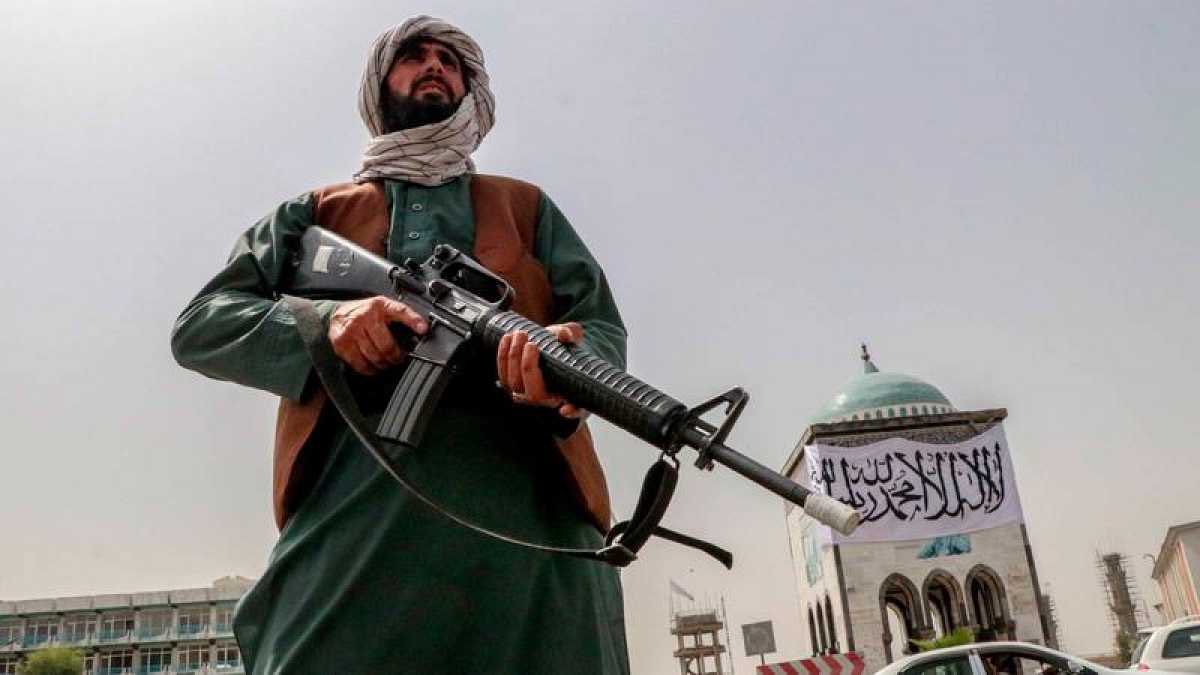All of these branches, count on a complete file of projects for updating and modernization on their production lines, some of them already obsolete and with many years of exploitation, causing low production levels and low efficiency.
Also, the deputies discussed on the necessary introduction of modern technologies. Pardo Cruz explained that strategic policies for recycling were plotted, so as the efficient use of tools and machines and other elements. In his report, to parliamentary deputies, the Cuban Transport Minister praised the participation of external financing by way of state credits, or the capital investment of well-known companies and international agencies.
On the topic, he exemplified that Cuba has an important credit from Russia for modernization and expansion of the largest steel plant, Antillana de Acero, allowing it to return to full design capapcity from 2018, and additionally improve the rolling mill of a similar factory in the eastern province of Las Tunas.
On the subject of recycling, he highlighted the progress of the project of integrated management of municipal solid waste to generate electricity that should start this year by Havana with the creation of a joint venture and build a plant, which should enter into operations in a span of two years provided with advanced technologies without impact on the environment.
Pardo Cruz said that in weeks must conclude the negotiation of an investment in the special zone development Mariel, which provides for a factory of aluminum containers, which will relieve the country a considerable amount by concept of import substitution. They are also in approval process, the participation of foreign capital in the modernization of the graphic industry of arts and paper, the production of appliances and photovoltaic panels.
In total, since 2013, the Cuban Ministry of Industry runs investments close to 245 million dollars that allowed to recover many of their activities and expand capabilities, which were identified around 80 projects of investments and business with an initial amount higher than the two billion dollars.
No less important, although not free of deficiencies and some defaults, is the participation of the national industry in agricultural programs, confronting the drought and saving water, manufacturing and recovery of waste collection equipment, energy, transport and tourism.
In this aspect, the President of the Cuban Parliament, Esteban Lazo, highlighted the participation of this sector in virtually all the life of the country and how after a serious involvement and crisis in the decade of the 90s of the last century, is today embarked towards its development with the introduction of advanced technologies to replace imports and raise exports.


